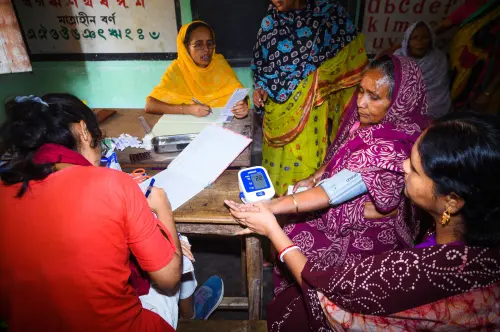

1:00 pm EDT - 5:30 pm EDT
Past Event
1:00 pm - 5:30 pm EDT
1775 Massachusetts Ave., NW
Washington, DC
Poor and rural communities in developing countries are often excluded from formal financial services, forced to rely on cash-based economies that offer little security and access to credit. Research shows that expanding financial inclusion can have positive effects on economic growth and poverty alleviation by helping poor people save and build their assets base. With estimates of one billion people around the world who lack a bank account but own a mobile phone, recent innovations in mobile phone technology have the potential to improve financial inclusion in Africa and other developing countries by providing basic financial services at a low cost.
On May 16, the Africa Growth Initiative at Brookings, the Central Bank of Kenya and the Alliance for Financial Inclusion hosted a discussion on how financial inclusion in Africa can be supported by innovations in mobile technology and financial services. Panelists addressed various issues surrounding the development, implementation and expansion of mobile financial services to improve the livelihoods of people in Africa.
After each panel, participants took audience questions.

Homi Kharas, Kershlin Krishna, Jacob Taylor
June 17, 2025

Laura Martinez, Jacob Taylor, Caren Grown
June 11, 2025

Jacob Taylor, Kershlin Krishna
June 11, 2025